Hezbollah targets Israeli bases after airstrike on Beirut's Dahiyeh
Hezbollah has targeted Israeli military positions and bases in the northern occupied territories with several barrages of rockets in response to the regime's attacks on Lebanon.
Hebrew-language media sources said the Ami'ad base north of Lake Tiberias, Birya base and the Safed region were targeted on Thursday.
"Defending Lebanon and its people, and in response to the barbaric Israeli" attacks on "cities, villages and civilians" in Lebanon, Hezbollah fighters targeted Safed "with 80 rockets", a statement by the resistance group said.
A separate Hezbollah statement said that "in line with the defense of the people of Gaza and the resistance and defense of Lebanon and its people, we targeted the Zionist settlement of Kiryat Ata with 50 missiles".
Hezbollah also published a video of what it said was its rocket attacks on the Megiddo Military Airfield west of the city of Afula, the Amos base, a key logistical hub for Israeli military operations in the north, and a weapons factory in Zichron Ya'acov.
The operations came as Lebanon's health ministry said at least two people were killed and 15 wounded in an Israeli strike on Beirut's southern suburb of Dahiyeh.
The attack targeted an apartment building on Thursday evening, also leaving a woman in critical condition, a ministry statement read.
The Israeli military said it was carrying out raids in Beirut, shortly after a large explosion was heard in the southern suburb of the Lebanese capital.
Lebanon's official National News Agency said "three missiles" targeted "a residential apartment in a 10-storey building".
Footage from Lebanese TV channel al-Jadeed showed rescue teams and ambulances rushing to the densely populated area to transport casualties to the hospital and remove victims from beneath the rubble.
Some sources said Hezbollah commander Mohammed Srur, the head of the group's drone unit, was the target.
An "Israeli strike targeted the commander of Hezbollah's drone unit, Mohammed Srur, known as Abu Saleh, whose fate is still unclear," the source said.
Several other cities as well as areas in the Bekaa region were also hit by Israeli bombs.
The fresh aggression came after top Israeli officials flatly rejected a US-backed call for a 21-day ceasefire.
Israeli strikes on Wednesday killed more than 50 people across Lebanon. That raised the death toll from the past three days to at least 620, with more than 2,000 people wounded.
The Lebanese resistance has carried out retaliatory strikes against Israeli targets deep inside the occupied territories.
Israeli officials said explosions were heard in areas in the northern territories including upper Galilee, Acre and Haifa.
Israel's military said sirens sounded in the Galilee area starting at 4:06 pm (1306 GMT) after 40 rockets crossed from Lebanon.
Some 200 rockets were fired only on the city of Safed in the past 24 hours, they said, adding that half of the displaced settlers did not have shelters to take.
On Saturday, Hezbollah said it fired a Qader 1 ballistic missile targeting the headquarters of Mossad for the first time since October.
Yedioth Ahronoth: Hezbollah has not used 10% of power
Israeli newspaper Yedioth Ahronoth said Thursday the scope and quality of Hezbollah's recent operations do not represent the full capabilities of the Lebanese resistance group.
Despite a wave of attacks by Israel, Hezbollah did not lose its mental sharpness, the Israeli newspaper said, pointing to the group's unprecedented recent launching of the Qader 1 ballistic missile toward Mossad's headquarters in Tel Aviv's suburbs.
The newspaper said the development "was a historic landmark" for the group, whose Secretary-General Sayyed Hassan Nasrallah promised during the 2006 war "to bomb Haifa and beyond."
Now, Hezbollah can bomb beyond Tel Aviv as well, it said.
A Lebanese political analyst also praised Hezbollah’s operational capabilities, warning that Israeli forces will become "sitting ducks" for the Lebanese resistance group should they attempt a ground invasion of southern Lebanon.
“Hezbollah's ability to rebound from the pager attacks and the assassination of its senior commanders is a testament to its operational resilience and capacity to withstand shocks to its command-and-control structure,” Amal Saad, a lecturer at Cardiff University, said in a post on X.
The mayor of the northern Israeli settlement of Kiryat Shmona earlier highlighted Israel's vulnerability in the face of Hezbollah's elite Radwan Force on the northern front.
Stern has repeatedly urged Israeli settlers not to return to the settlements in the north.
Israeli media have repeatedly said the northern settlements have been emptied of settlers, noting that it is doubtful whether the settlers will ever be able to return.
Hawkish minister threatens to quit Netanyahu's regime
On Thursday, Israel's hawkish minister Itamar Ben-Gvir threatened to quit prime minister Benjamin Netanyahu's cabinet if a permanent ceasefire is reached with Hezbollah.
If Ben-Gvir leaves the coalition, Netanyahu will lose his parliamentary majority and see his cabinet come toppling down.
This came after France proposed at a United Nations Security Council emergency meeting a 21-day ceasefire in Lebanon.
Netanyahu said Thursday his cabinet has not responded to the proposal.
"It is an American-French proposal, which the prime minister has not even responded to," said a statement from Netanyahu's office, adding that he had ordered the military "to continue the fighting with full force".
Lebanese Prime Minister Najib Mikati welcomed the proposal, but Israel denied having agreed to a ceasefire with Hezbollah or Lebanese political parties.
Hezbollah has long said it would agree to a deal with Israel but only if a ceasefire was first reached in Gaza.
VIDEO | Amsterdam protests exploited and called anti-Semitic
VIDEO | Israeli assassination campaign
VIDEO | Economic crisis affecting Israel
VIDEO | Short film details Israeli strike on Gaza’s Al-Ahli hospital in October last year
VIDEO | Israeli use of foreign mercenaries
Israeli airstrikes kill 6 paramedics in southern Lebanon
VIDEO | IAEA director general Rafael Grossi visits Iran
Iran hails martyred Hezbollah media chief as ‘sonorous voice’ of Lebanese nation


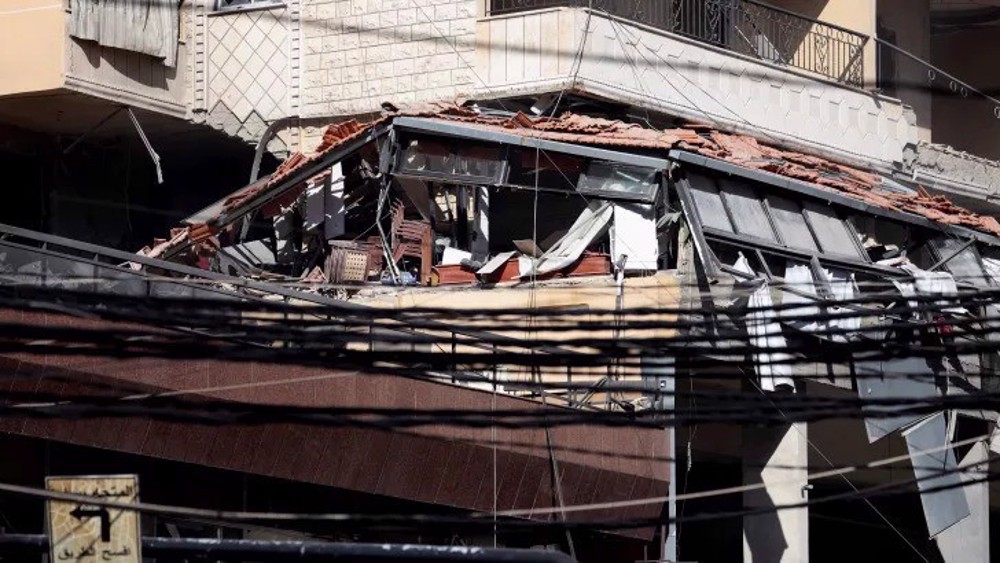
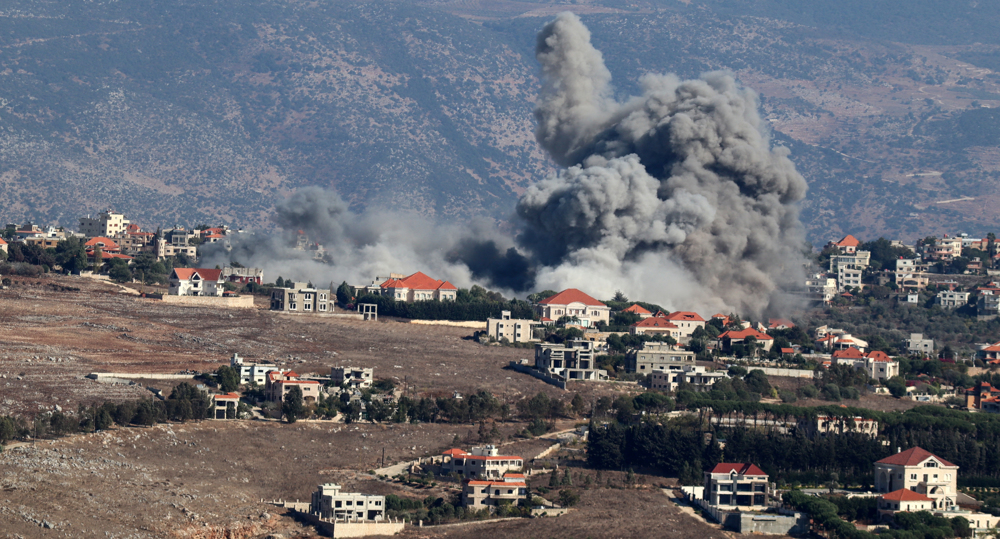
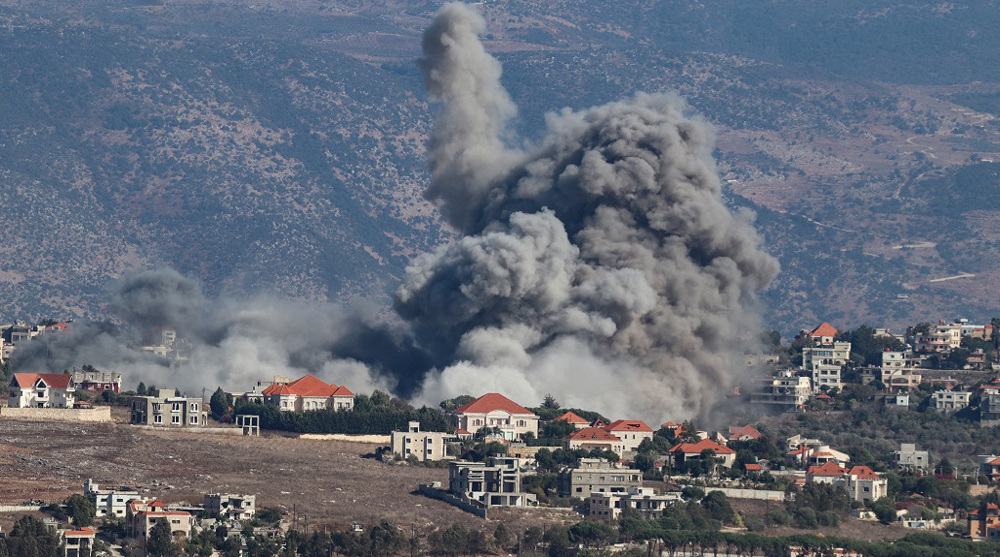
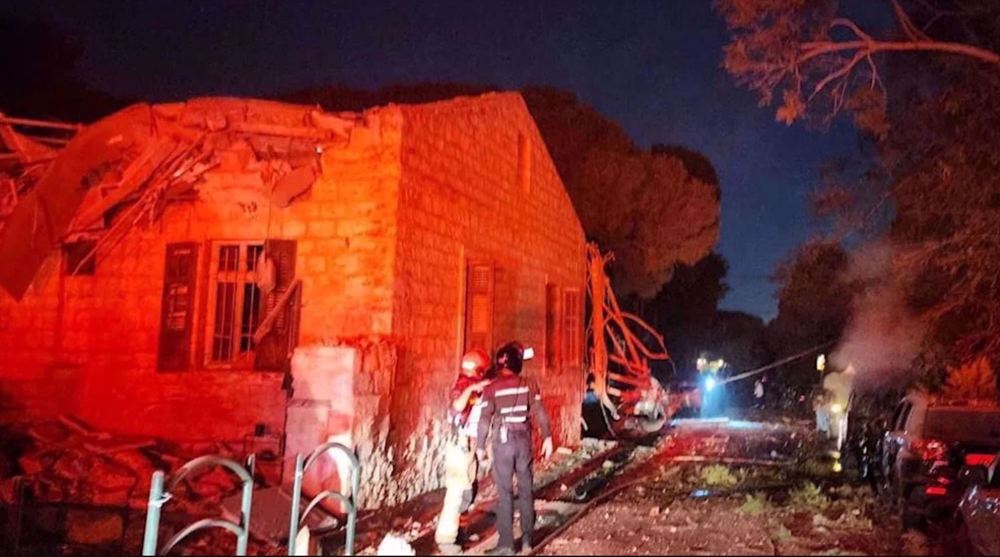
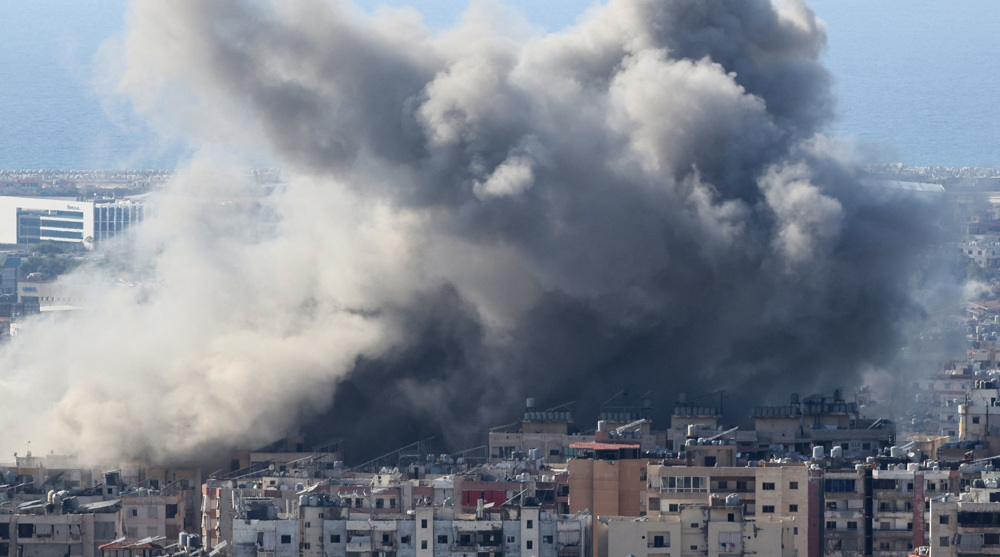
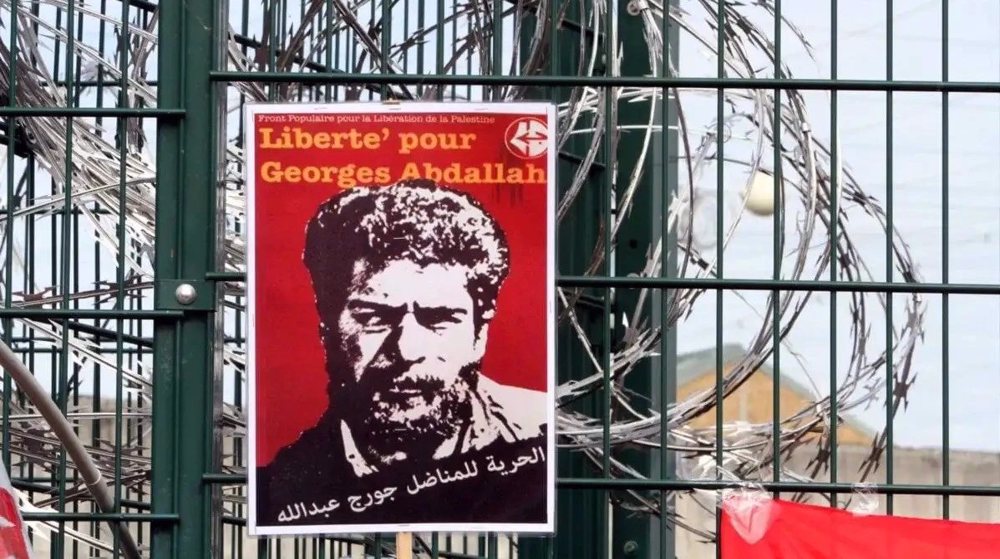



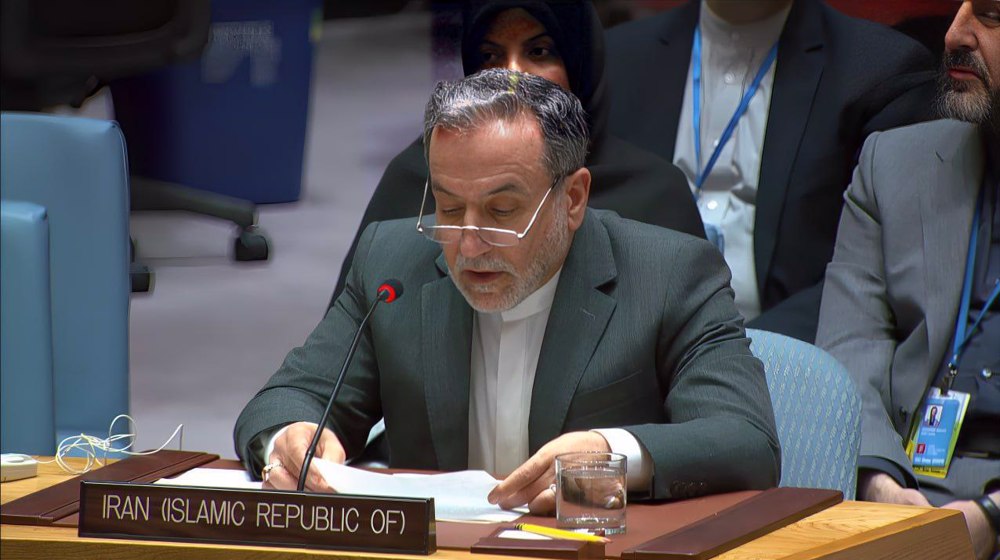
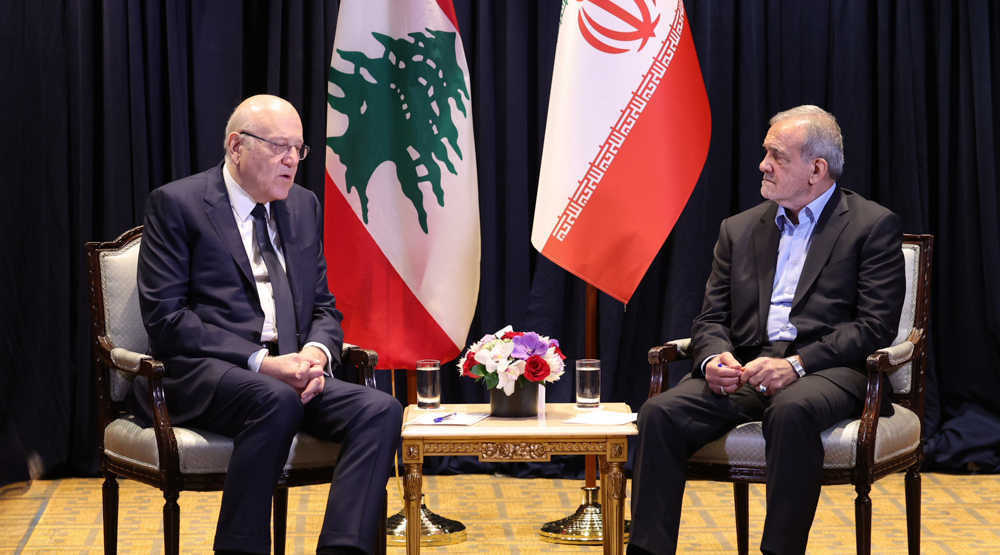
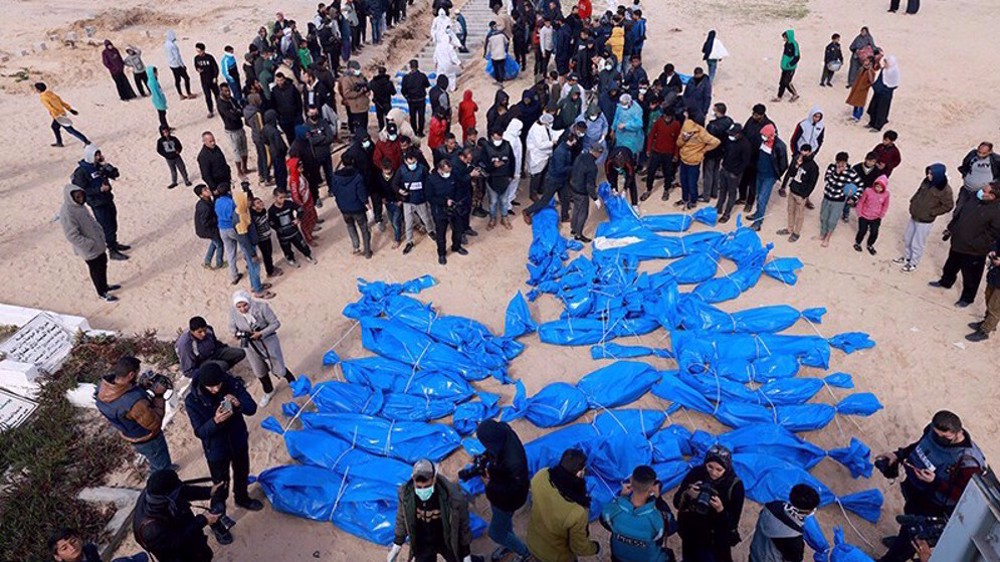
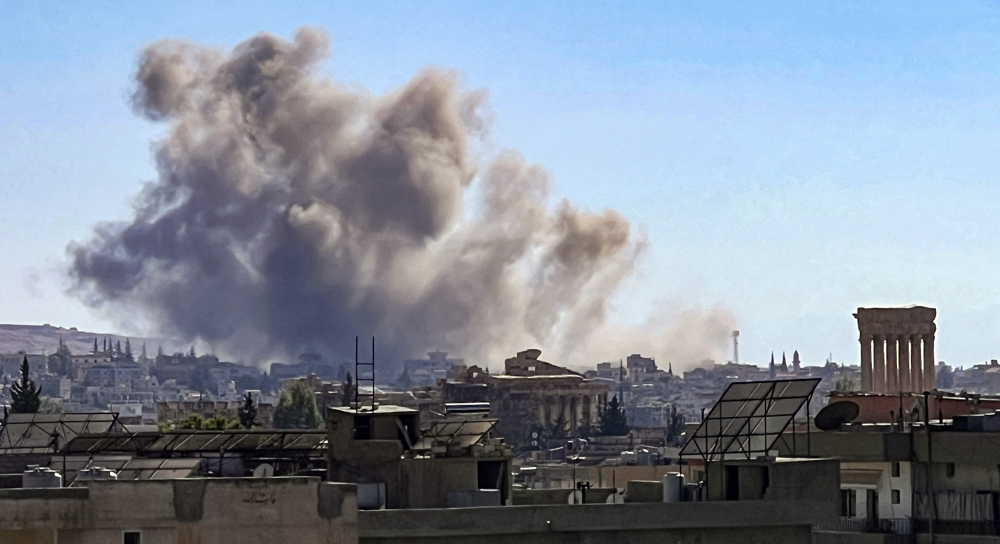
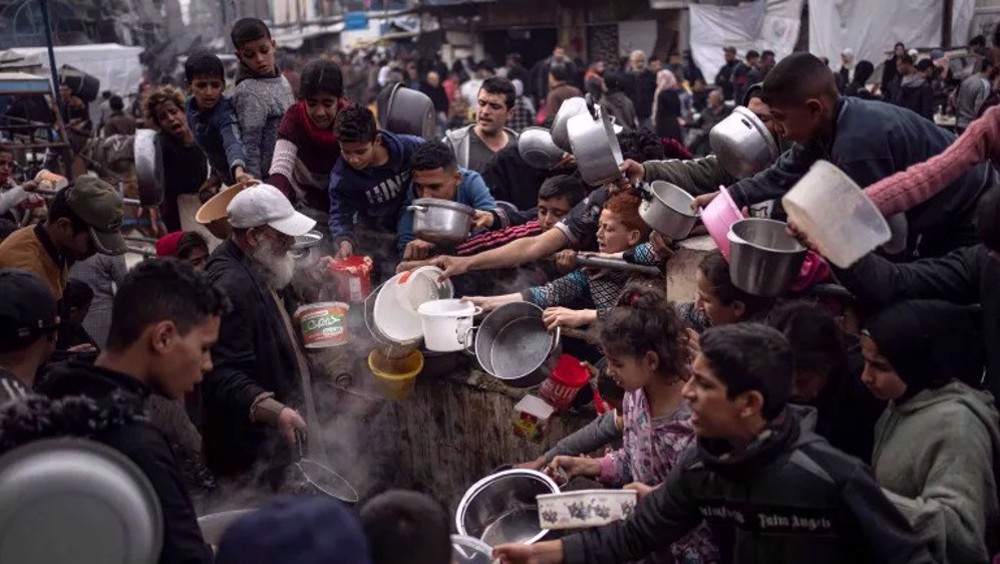
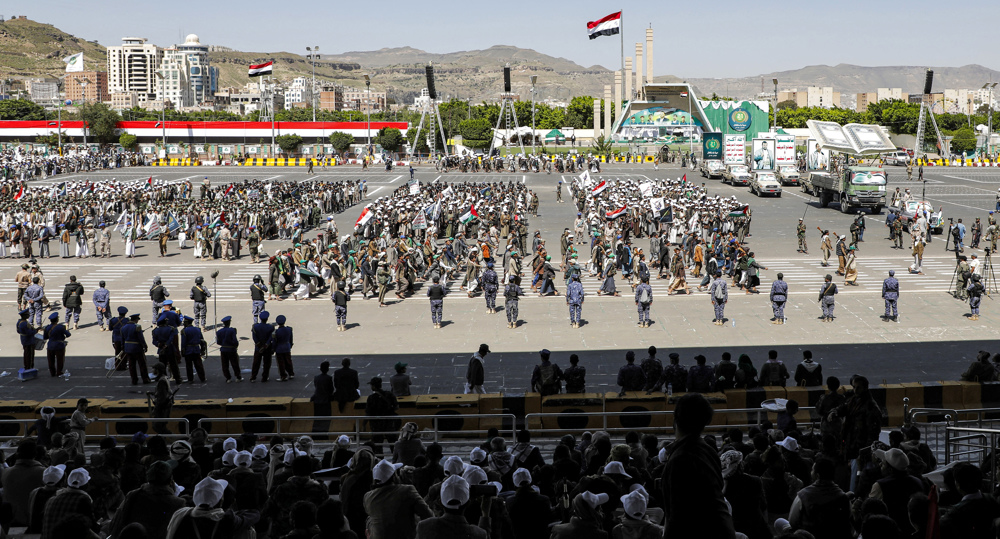
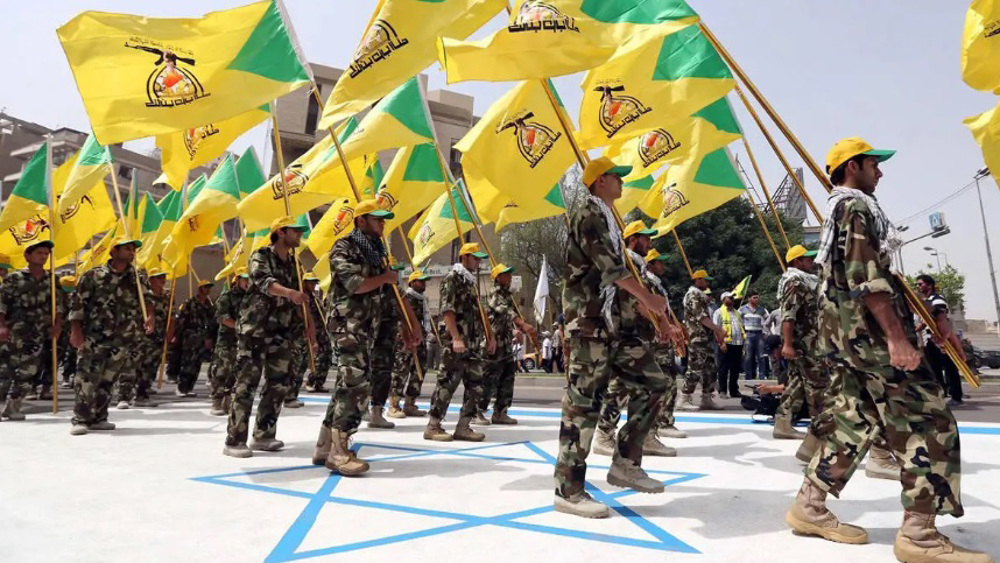
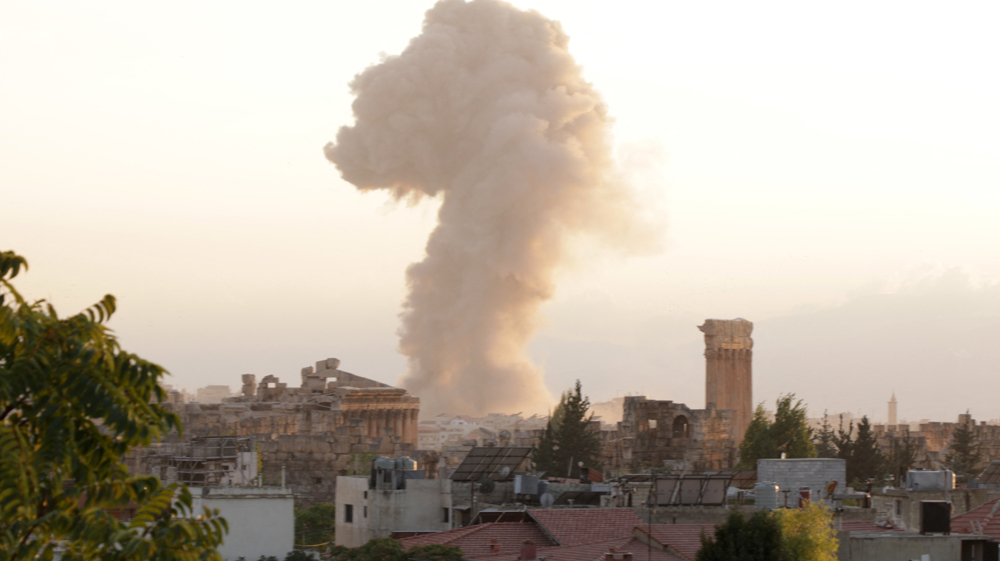
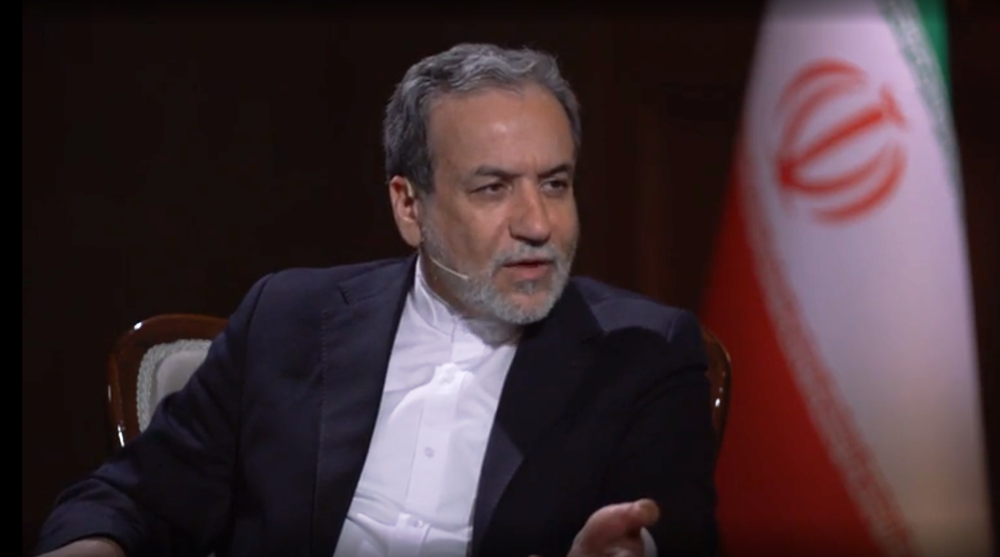

 This makes it easy to access the Press TV website
This makes it easy to access the Press TV website